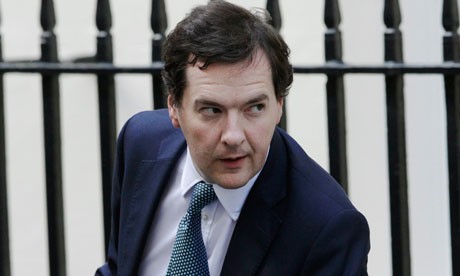Regulate Derivatives Trade
Post on: 22 Июль, 2015 No Comment

Geithner Lays Out Plans of Framework for Multitrillion-Dollar Market; Agency Consolidation?
Sarah N. Lynch and
Serena Ng
Updated May 14, 2009 12:01 a.m. ET
Federal regulators outlined plans to regulate the giant market for derivatives, a move aimed at avoiding a repeat of the turmoil created last year by certain financial institutions whose risk-taking in exotic financial instruments went largely unchecked.
Under a proposed raft of reforms, regulators could be given authority to force many standard over-the-counter derivatives to be traded on regulated exchanges and electronic-trading platforms. That would make it easier to see prices and make markets more transparent.
Firms with large derivative exposures or that trade more-complex derivatives would be subject to new reporting requirements. The proposal also calls for all standardized derivatives to go through clearinghouses that will guarantee trades and help cushion the impact of a collapse of a large financial institution.
The regulatory overhauls are in response to growing concerns of outsize risk and leverage among derivatives that trade directly between pairs of firms. Much trading in this market, estimated to total hundreds of trillions of dollars, now happens privately, and contracts are typically negotiated over the phone.
The Commodity Futures Modernization Act of 2000 allowed most derivatives to escape U.S. federal regulation, but the scale of problems at American International Group Inc. which had dabbled heavily in derivatives, and the financial crisis has caused lawmakers and regulators to rethink that position.
Federal officials, including Treasury Secretary Timothy Geithner, have said they intend to bring derivatives into the regulatory orbit. Wednesday’s proposal, which was laid out in a two-page letter to Congress, was the first time officials added details to their bare-bones ideas.
The move, the latest step to tighten federal regulation of finance, is designed to address markets such as those for credit-default swaps, which many say exacerbated the financial crisis. Any such moves would require congressional approval.
Reporting those positions will address the primary concerns of the market, about who is trading what derivatives, said Joel Telpner, a derivatives lawyer at Mayer Brown in New York.
Also Wednesday, Mr. Geithner said the Treasury would soon release a separate plan to simplify which agencies oversee financial markets, a move that could bring sweeping change to the alphabet-soup of regulatory bodies.
ENLARGE
Timothy Geithner
I think the president believes we need to have a much more simplified, consolidated oversight structure, Mr. Geithner told the Independent Community Bankers of America trade group.
The plan to move some trades onto exchanges and electronic trading platforms could reduce profits for investment banks, which currently take fees for facilitating the trades.
Exchanges, however, could see more business. Shares of Chicago Mercantile Exchange parent CME Group Inc. rose $15.62, or 6%, to $274.10 in 4 p.m. composite trading on the Nasdaq Stock Market on Wednesday. CME recently partnered with Citadel Investment Group to create an electronic-trading platform for credit-default swaps. It also has a unit that clears over-the-counter energy and commodity derivatives.
InterContinentalExchange Inc. another futures exchange operator whose credit-default-swap clearinghouse is currently being used by banks, could also be a beneficiary.
The proposal wouldn’t require that customized contracts be traded on an exchange. But traders would be subject to record-keeping and reporting requirements. Derivatives dealers and all other institutions with large counterparty exposures would be subject to regulatory oversight to ensure they don’t pose systemic risks to the marketplace, including more conservative capital requirements, business-conduct standards, reporting requirements and margin requirements.
To prevent market manipulation, regulators would also be given authority to set limits on derivative positions if they might have a big impact on markets.
Disclosure of institutions’ derivative exposures to other firms has historically been inconsistent. Banks, for example, report positions in more detail than insurance firms that got into the business of writing derivatives tied to corporate bonds, mortgage securities and interest rates.
That was one reason why the near-collapse of Bear Stearns and AIG last year caused panic in financial markets and prompted government-led rescues.
According to the Bank for International Settlements, the theoretical value of outstanding over-the-counter derivatives was about $684 trillion as of June 2008, about $458 trillion of which were contracts tied to interest rates.
Robert Pickel, chief executive of the International Swaps and Derivatives Association, an industry trade group, said the government’s proposal is an important step toward much-needed reform of financial industry regulation, and the association will work with policy makers.
Damian Paletta contributed to this article.














